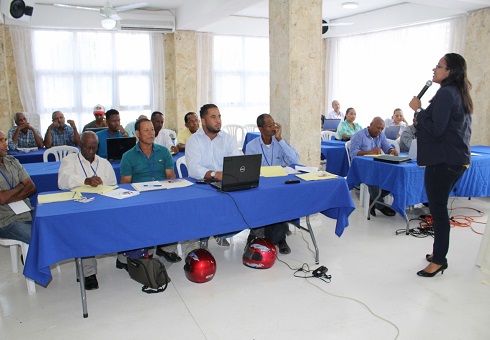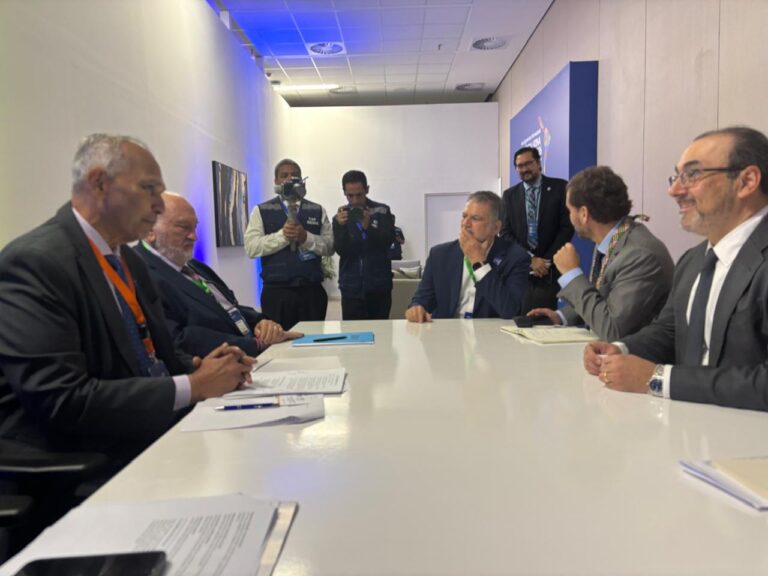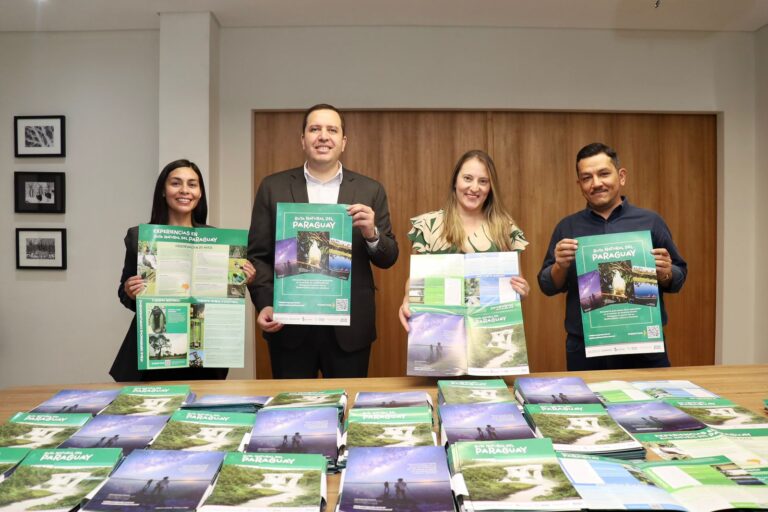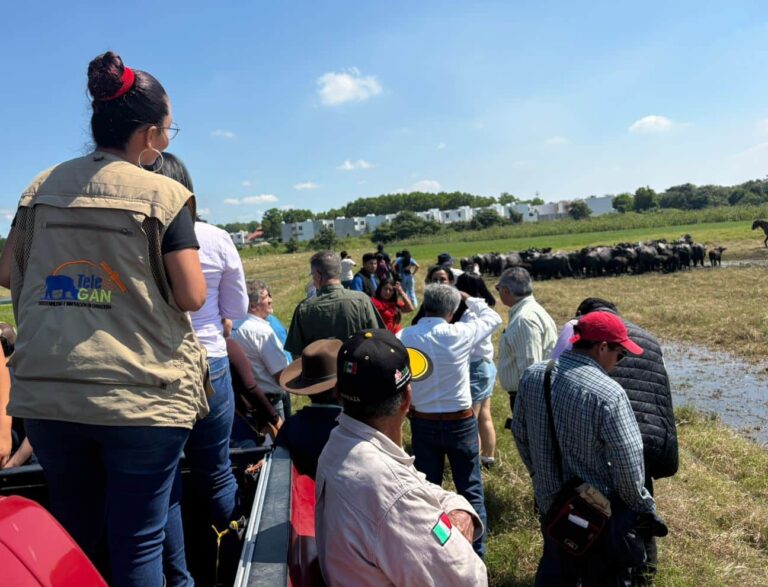Promoting exports to improve the quality of life of all participants in the chain is an effort that both, the public and private and private sector must support to strengthen services and the production process

development opportunities of the national agriculture sector for export markets.
Santo Domingo, Dominican Republic, June 2018 (IICA). As part of the additional activities conducted by IICA within the framework of the project “Updating the standards, processes, regulations and requirements for the export of fresh products to the United States of America”,, two (2) workshops were held with technicians and producers of the Association of Producers of Strawberry of Jarabacoa (ASOPROFREJA), the Association of Producers Agro Jaraba Export, Inc., in La Vega province and the Cocoa Cooperative Association (COOPCAPROMOPLA), in Monte Plata province.
After carrying out four (4) workshops to technicians of the Ministry of Agriculture linked to the exports of fresh products in different regions of the Dominican Republic, a group of private organizations made a request to IICA to replicate these workshops to be given to its technicians and producers, thus strengthening the entire chain of specific export products, such as tayota (Sechium edule), pineapple (Ananas comosus) and cocoa (Theobroma cacao).

a presentation about the United States market requirements
and FSMA regulations.
Both workshops took place in June in two cities of high level production of products for export.
It is important to note that, with carrying out these workshops, IICA contributes with the provisions of the Decree 437-17 from December 28, 2017, and issued by the Executive Branch, whose article 2 establishes that all public and private institutions are urged to collaborate with the Ministry of Commerce, Industry and SMEs, the Dominican Republic Export and Investment Center (CEI-RD), the National Free Zones Council (CNZFE), the National Competitiveness Council (CNC) to promote the export sector and the establishment of an export culture, in accordance with the mandate of Law No. 1-12, which establishes the National Development Strategy 2030.
More information: Héctor Garibaldis Pérez, Specialist in Agribusiness, hector.perez@iica.int











